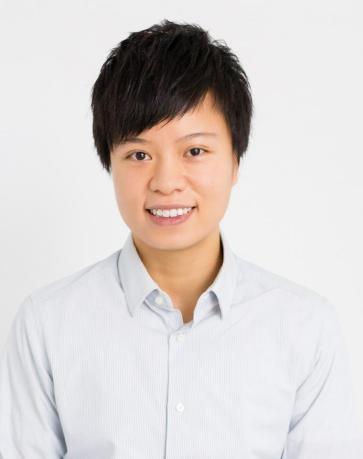- Managing your Practice
-
- Your Benefits
-

Introducing the ultimate Club MD experience
From work to play, and everything in between, we provide you with access to hundreds of deals from recognizable, best-in-class brands, elevating every facet of your life – from practice supports to entertainment, restaurants, electronics, travel, health and wellness, and more. Your Club MD membership ensures that these deals are exclusive to you, eliminating the need to search or negotiate.
Welcome to the ultimate Club MD experience. Your membership, your choices, your journey.
-
- Advocacy & Policy
-
- Collaboration
- News & Events
-

Stay Informed
Stay up to date with important information that impacts the profession and your practice. Doctors of BC provides a range of newsletters that target areas of interest to you.
Subscribe to the President's Letter
Subscribe to Newsletters
-
- About Us
-
Connecting with communities: How one Doctors of BC bursary recipient found her calling during the pandemic
August 13, 2020
News
Jian Weng, a UBC medical student and Doctors of BC bursary recipient who graduated in 2020, is one of many students who are exploring and enhancing their future medical careers during the pandemic.
“I’m very grateful for the opportunities that I have had – which is in large part because of Doctors of BC,” she says. “The bursary has given me the means and financial freedom to develop the medical career I want, as well as pursue the extracurricular work that has allowed me to become more involved in a community that I care for deeply.”
 During her third-year clinical placement at St. Paul’s Hospital, Weng realized that she wanted to pursue a medical career focused on community health and addictions medicine. At the time, she was helping underserved communities in Vancouver’s Downtown Eastside (DTES). Many of the patients Weng saw expressed worries beyond their immediate health care needs, such as securing an income and housing or struggling with substance use disorders.
During her third-year clinical placement at St. Paul’s Hospital, Weng realized that she wanted to pursue a medical career focused on community health and addictions medicine. At the time, she was helping underserved communities in Vancouver’s Downtown Eastside (DTES). Many of the patients Weng saw expressed worries beyond their immediate health care needs, such as securing an income and housing or struggling with substance use disorders.
She says that she had many inspiring patient encounters but that one particular experience has been etched into her memory.
“One patient had a serious infection,” she says. “But she would often leave the hospital before completing her treatment because she didn’t fully understand the magnitude of his condition. After a few days, she would come back because he was so sick.”
Throughout the six-week placement, Weng routinely checked-in on the patient, forming a relationship of mutual respect that would eventually support her recovery.
“Every day I would bring her favourite drink.,” she says. “We would chat about how she slept, what her pain level was like and the need for her to stay in hospital.”
From these interactions, Weng says the patient agreed to stay for the long-term antibiotic treatment she desperately needed.
“She fully recovered from the infection,” she says. “I felt a sense of accomplishment and connection from that. It’s not just about treating patients but also seeing them as people, and trying to understand their struggles and motivations.”
Alternative path
When the COVID-19 pandemic hit British Columbia, UBC transitioned to online learning for the safety students and faculty. Weng wondered how she could continue supporting people in the community while physically distancing.
Drawing from her experience at St. Paul’s, she reached out to the BC Centre for Disease Control (BCCDC) and began fielding calls for the COVID-19 helpline.
“I’m not seeing patients face-to-face,” she says. “But I still hear from people that are experiencing the possibility of being infected, talking to them, hearing about what they and their families are going through, and providing them with professional advice and comfort.”
Despite the challenges that have emerged from the pandemic, Weng continues to find ways to connect and help people from various communities in safe and thoughtful ways.
She is currently working on a pilot project with the British Columbia Centre on Substance Use (BCCSU) to provide treatment for people with a history of substance use who are struggling with abstinence.
Although it is a small project, Weng hopes it will grow so that more people will get the help that they need.
Moving forward
As Weng looks forward to her post-graduation plans, community continues to be at the forefront. And while COVID-19 has certainly changed many aspects of daily life, she continues to contribute to people’s health and wellness in any way she can.




